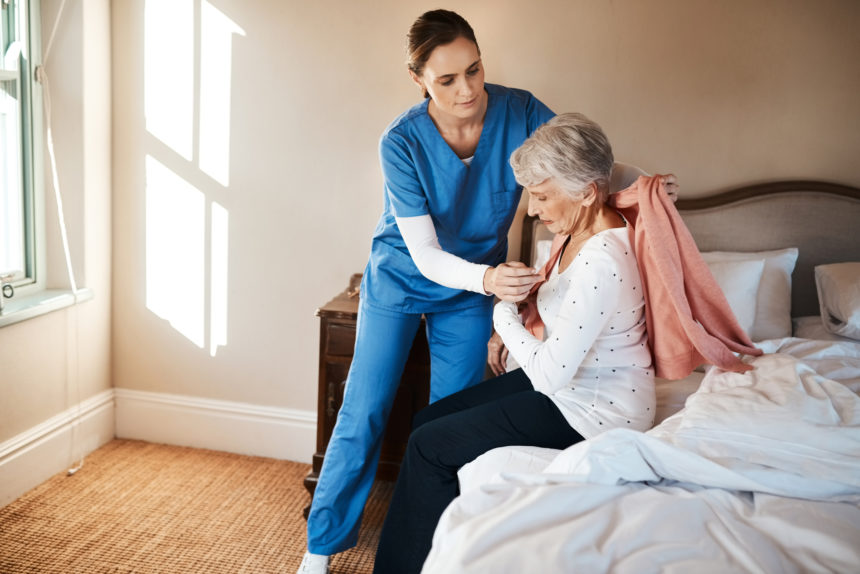
Care that is centered around activities of daily living is a major key to helping combat the most common infections seen in nursing homes.
That’s according to the Centers for Medicare & Medicaid Services, which last week released a toolkit aimed at helping direct care staff prevent urinary tract infections, pneumonia and soft tissue and skin infections.
There is a direct connection between ADL care and infections that occur in the mouth, skin and urinary systems. In addition, more than one-fourth (26%) of adverse events in nursing homes are related to infections, and many are preventable, agency representatives said in a Tuesday call-in.
“One of the best ways to reduce preventable adverse events is to empower nurse aides in their roles as the first line of defense against infection,” they explained.
The Head to Toe Infection Prevention Toolkit contains clinical best practices interventions including an observation guide, a customizing care tool and a suspected infection investigation tool.
The kit is a result of CMS’ work with its Breakthrough Communities, a collaboration with nursing home representatives that has called for ready-to-use, practical tools that do not require major changes to workflow, the agency reported in a Tuesday call-in. These and additional industry quality improvement programs are funded by CMS’s Civil Money Penalty Reinvestment Program, which makes use of nursing home penalty proceeds.
The downloadable toolkit can be accessed on this CMS page (scroll down).




